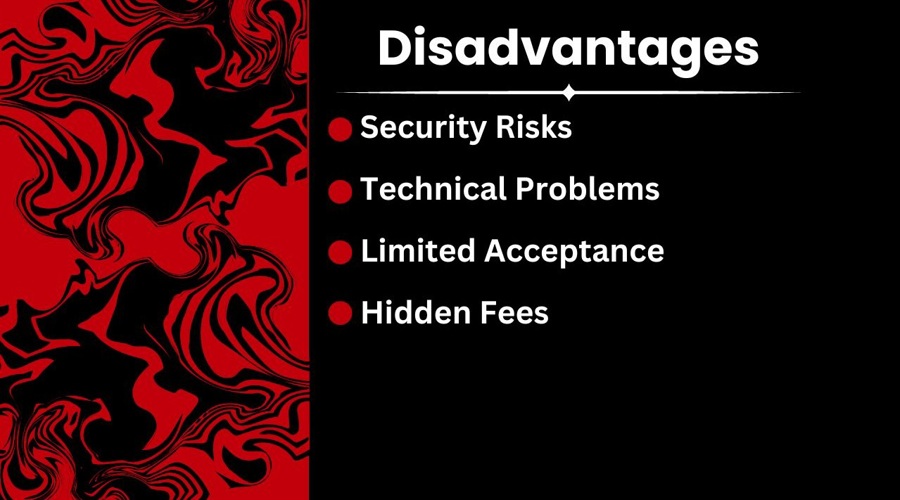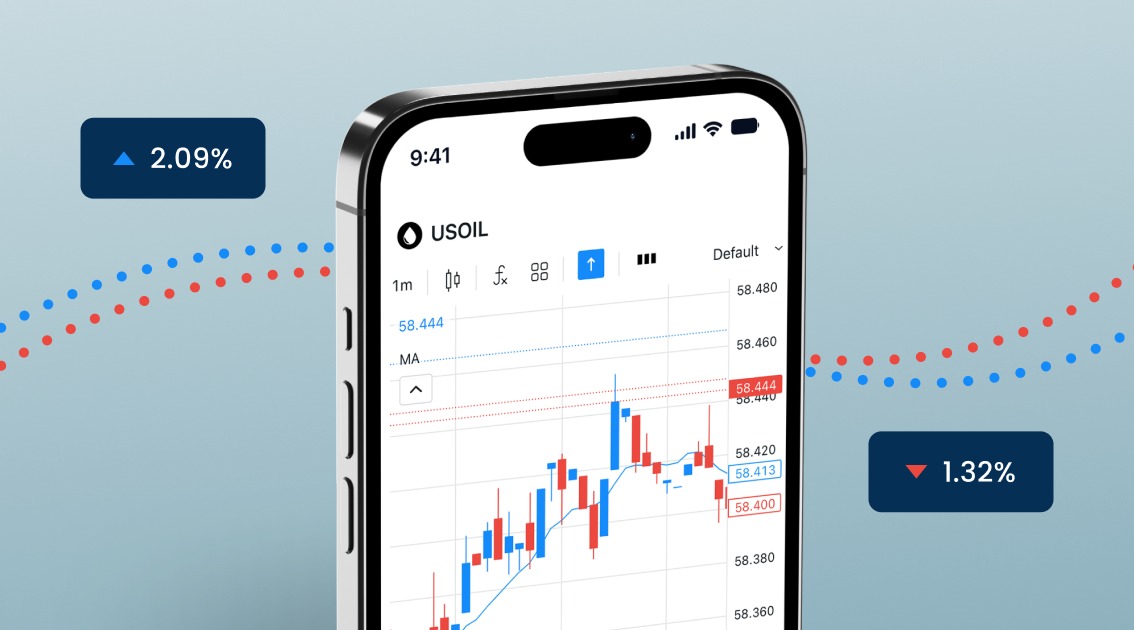As more people choose to go cashless, digital wallets are becoming increasingly popular. Digital wallets have several advantages over traditional cash and credit card payments, including convenience, speed, and security.
However, there are some risks to transferring your money to a digital wallet. In this article, we will look at the benefits and drawbacks of transferring your money to a digital wallet.
What Is a Digital Wallet?
A digital wallet is a device or software application that allows people to conduct electronic transactions. It saves a person's payment information, such as credit card or bank account information, and allows them to make purchases with their mobile device or computer.
The Benefits of Digital Wallets

- Convenience: This is one of the most significant benefits of digital wallets. Users can pay from anywhere, at any time, using their mobile device or computer, eliminating the need to carry cash or credit cards.
- Speed: Digital wallets enable quick and simple transactions, making them ideal for fast-paced environments. Payments can be made in seconds, reducing the amount of time spent waiting in line or at the checkout.
- Security: Because digital wallets include enhanced security features like encryption, multi-factor authentication, and fraud detection, they are a safer alternative to cash or traditional card payments. Users can also remotely disable their accounts if their device is lost or stolen.
- Loyalty Rewards: Many digital wallets provide incentives and rewards for using their platform. This could include cashback, discounts, or loyalty points redeemable for future purchases.
- Contactless Payments: Contactless payments are supported by digital wallets, which is especially important in today's COVID-19 environment, where contactless payments are preferred over cash or traditional card payments.
The Dangers of Digital Wallets

- Security Risks: While digital wallets provide enhanced security features, they are not impervious to hacking or cyberattacks. Users must choose a reputable digital wallet provider and take the necessary precautions, such as updating their passwords on a regular basis, enabling multi-factor authentication, and not sharing their login credentials.
- Risk of Fraud: Fraudsters may attempt to gain access to a user's digital wallet account and use their payment information for unauthorized transactions. Users must be vigilant and immediately report any suspicious activity to their digital wallet provider.
- Technical Problems: Technical issues, such as system failures or connectivity issues, can prevent users from accessing their digital wallet accounts, making payments and accessing funds difficult.
- Limited Acceptance: Because digital wallets are not accepted everywhere, users may encounter situations in which they are unable to make payments using their digital wallets.
- Hidden fees: Some digital wallets may charge hidden fees, such as transaction fees, foreign exchange fees, or account maintenance fees. Users should review their digital wallet provider's fee schedule to ensure they understand the charges associated with using the platform.
Could Digital Wallets Be a Threat to Other Players within the Finance Industry?
The rise of digital wallets has revolutionized the financial landscape, providing users with a fast, secure, and convenient way to manage their money.
Digital wallets allow users to store their payment information digitally, making it easy to make transactions online, in-store, or even peer-to-peer. With the increasing popularity of digital wallets, it is becoming clear that they have the potential to replace many traditional players in the financial landscape, such as payment aggregators, middlemen, and more.
One of the main benefits of digital wallets is that they allow for seamless transactions without the need for intermediaries.
This eliminates the need for payment aggregators, which typically charge fees for processing payments on behalf of merchants. With a digital wallet, merchants can accept payments directly from customers, without the need for a third-party intermediary.
As such, not only does it reduce costs for merchants, but also it allows for faster and more efficient transactions.
Another advantage is that they offer increased security for users. Traditional payment methods such as credit and debit cards are vulnerable to fraud and hacking, which can result in the loss of sensitive information and financial assets.
Digital wallets, on the other hand, use advanced encryption technology to protect users' information and transactions, making them more secure than traditional payment methods.
In addition to their security benefits, they also offer greater convenience for users. With a digital wallet, users can store multiple payment methods and easily switch between them when making purchases, something that eliminates the need to carry multiple cards or remember multiple account numbers and passwords, making transactions faster and more efficient.
Additionally, digital wallets often offer features such as loyalty programs, rewards, and cashback offers, which incentivize users to use them more.
The potential of digital wallets to replace traditional players in the financial landscape has already been demonstrated in markets such as China where digital wallets like Alipay and WeChat Pay have become ubiquitous. They have effectively taken over traditional payment methods and become the new standard, even going to the lengths of replacing the need for traditional banking services in some cases.
That very same trend is now being seen in other markets around the world, as more users adopt digital wallets as their preferred payment method.
While digital wallets have many advantages over traditional payment methods, there are still challenges to their widespread adoption. One of the main challenges is the need for widespread acceptance of digital wallets by merchants and consumers.
While digital wallets are becoming more common, there are still many merchants and consumers who are unfamiliar with them and prefer to use traditional payment methods.
Conclusion
In comparison to traditional cash and card payments, digital wallets provide several advantages, including convenience, speed, and security. However, there are risks to transferring money to a digital wallet, such as security and fraud, technical issues, limited acceptance, and hidden fees.
Users must carefully weigh the benefits and risks of using a digital wallet before taking the necessary precautions to safeguard their financial information. As digital payments become more popular, it is critical that individuals remain informed and educated about the risks and benefits of digital wallets.

















